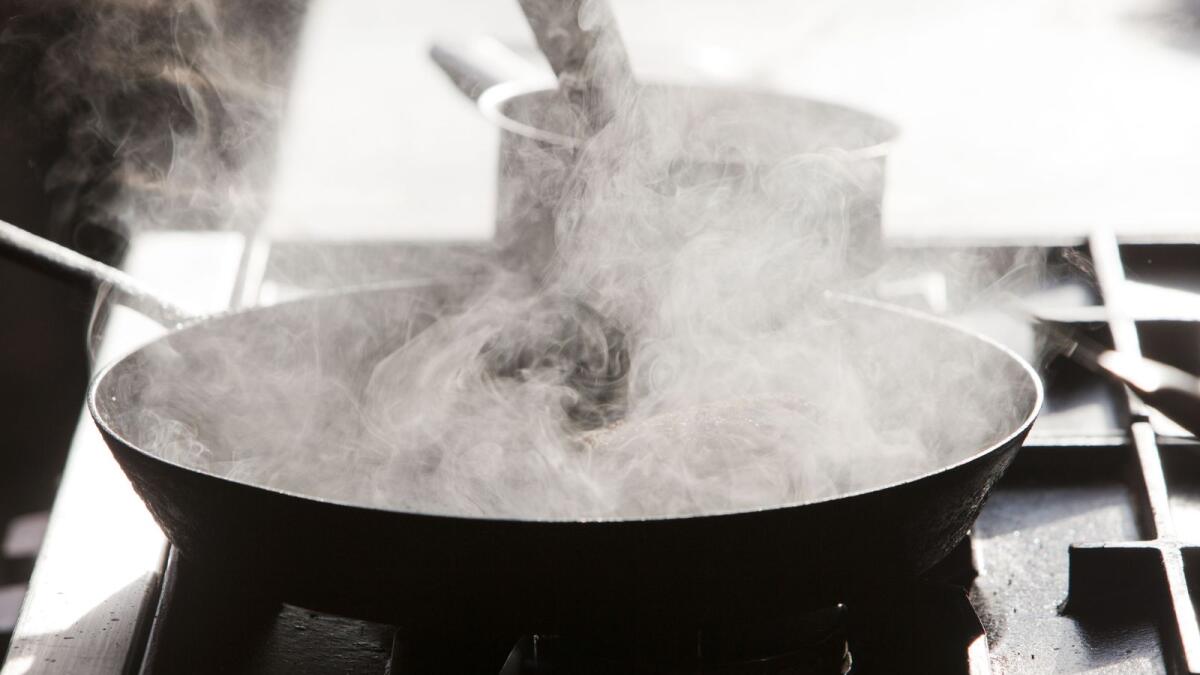Nonstick pans have been the go-to cookware for many households due to their convenience and easy-to-clean features. However, recent reports of polymer fume fever, also known as ‘Teflon flu’, have raised concerns among UAE residents. Over 250 cases were reported in the US last year, with patients displaying flu-like symptoms after being exposed to the chemical polytetrafluoroethylene, commonly found in nonstick coatings like Teflon.
According to Dr. Raiza Hameed KH, a specialist pulmonologist, inhaling chemicals released from nonstick cookware at high temperatures can lead to symptoms such as fever, chills, cough, chest tightness, and body pain. The onset of these symptoms typically occurs within four to ten hours after exposure. While there have not been many reported cases in the UAE, Dr. Ayesha Khalid, a consultant family medicine, emphasizes the importance of creating awareness to prevent any occurrences and to differentiate symptoms from a common cold.
Although polymer fume fever is typically harmless and most patients recover fully within a couple of days, precautionary measures should be taken to avoid exposure. Dr. Raiza recommends using pans with proper coating and avoiding those with scratches or worn-off surfaces. Additionally, it is advised not to use nonstick pans in ovens above 500℉ and avoid using dishes manufactured before 2014, as they may contain chemicals with potential cancer risks.
Dr. Ayesha suggests simple steps to mitigate the risk of polymer fume fever, such as not heating an empty pan and using butter or oil to coat the surface, heating it with food in it, and following manufacturers’ instructions. Alternative cooking materials like enamelled cast iron or stainless steel can also be used to reduce exposure to Teflon chemicals. By following these precautions, individuals can minimize the risk of developing ‘Teflon flu’ and ensure their safety while using nonstick pans in the kitchen.










